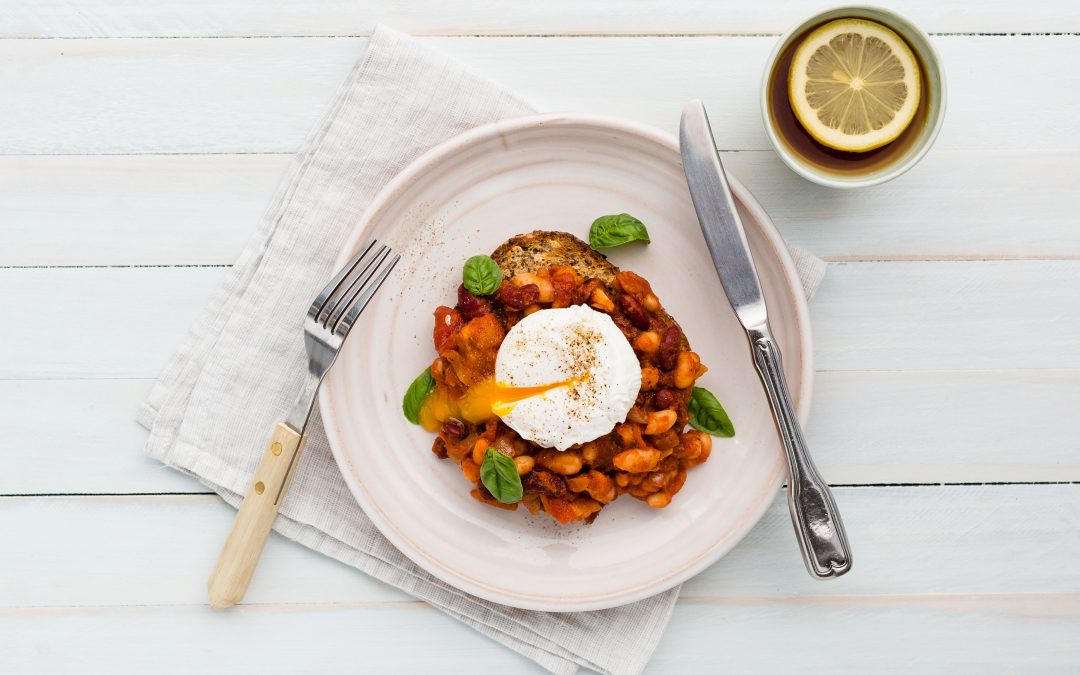Get 30% off your first order with the code FIRST30! Scroll to the bottom to see our three options to help include flexitarian eating into your routine. www.myfoodbag.co.nz.

We’re sure you’ve heard the term flexitarian, but what does it mean exactly, we hear you ask?
In a nut shell, it’s a semi-vegetarian way of eating that’s becoming more and more popular alongside the rise of plant based and vegan eating. Flexitarians are mostly plant based, but include small amounts of meat, fish, eggs, and dairy from time to time. Whilst eating an entirely plant-based diet might not be for all of us, the beauty of flexitarianism is that we can incorporate some of the healthy philosophies of plant based eating, while still enjoying great quality meat from time to time.
There’s certainly nothing wrong with enjoying turkey at Christmas time, freshly caught snapper during summer holidays or a beautiful piece of perfectly cooked aged steak, and by seeing meat as more of a treat, we can enjoy it more when we do choose to eat it without feeling restricted!
If you’re thinking that you want to eat less meat for whatever reason, but don’t really know how to start, flexitarianism could be perfect for you. Less of the strict rules associated with some other diets and instead, simply aiming to eat more plants on a daily basis.
One of the key nutritional benefits of a whole food, flexitarian diet is the fibre intake
When the bulk of our diet whole foods (such as fruit, veggies, whole grains, and nuts & seeds) we are eating lots of fibre. Fibre is not only important for keeping our gut healthy, but it’s also protective against a number of diseases. We should aim to eat at least 25-30g per day (1 cup of brown rice has around 4g, or 1 cup of veggies has about 9g).
Another key benefit of a whole food, flexitarian diet is the nutrients
Mother Nature was on our side when it came to nutrition! Plants (like veggies, nuts & seeds, and whole grains) as well as eggs, milk, fish, and meats (in small quantities) are bursting with essential nutrients like vitamins, minerals, proteins, carbohydrates, and healthy fats.
When we start to tamper with these foods too much via food processing, they tend to lose their nutritional goodness. That’s why it’s important to opt for unprocessed or minimally processed foods.
So, if that’s the case, why the smaller quantities of meats?
Meats do contain plenty of beneficial nutrients; red meats are a rich source of iron, and both red meats and poultry are top sources of protein. But alongside this, they also contain reasonably high amounts of saturated fats (particularly red meat). High amounts of saturated fats in our diets have shown to a negative effect on our health, namely our heart health. Reducing the amount of meat we consume each week can make a huge difference to our long term health (the NZ Heart Foundation recommend eating less than 350g cooked red meat each week).
Curious about protein while eating a diet lower in meat? Check out our blog here on our fave plant based protein sources!
If eating flexitarian sounds delish to you, check out the options from My Food Bag to make it easier:
My Choice
- Choose flexitarian recipes each week with My Choice. Every week there are veggie and plant based recipes to choose from, alongside seafood and meat-based dishes, so that you can design a week with a mix of both.
- Order 3, 4 or 5 nights for 2 or 4 people
My Plant Based Bag
- Seasonally-inspired vegan recipes that make the best of NZ’s fresh produce
- Perfect for those who follow a vegan diet or just want to eat more plants
- Protein from a range of plant based sources such as legumes, nuts and seeds, tofu and tempeh
My Veggie Bag
- Vegetarian recipes that make use of a range of proteins as well as fresh NZ produce
- Bespoke ingredients developed to add pizzazz to your plate
- Veggie Bag and Plant Based Bag are developed in conjunction with our nutritionist to ensure a healthy plate full of nutrients
Order here and get 30% off your first order with the code FIRST30!

